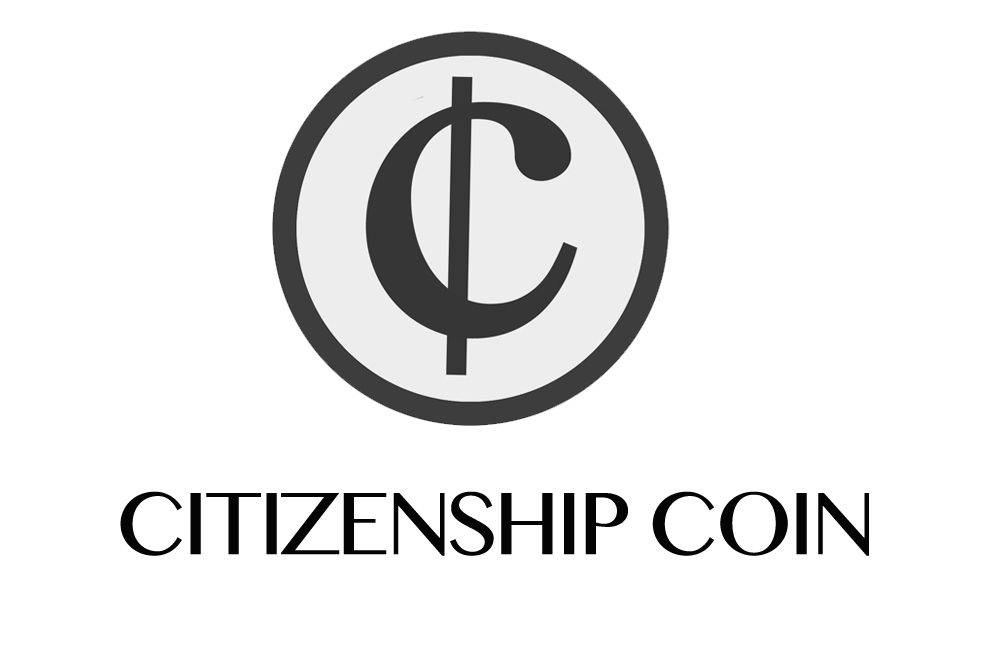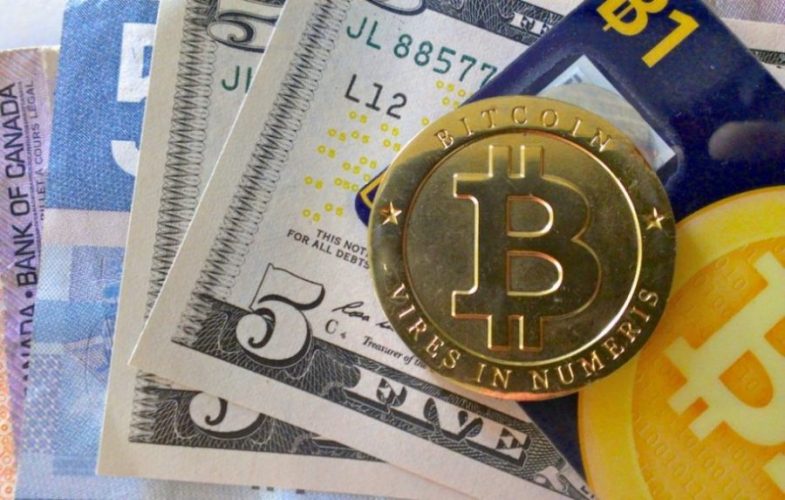Bitcoin and citizenship coin are totally different and both the digital currencies have subtle differences. Although both coins work almost the same, citizenshipcoin is not bitcoin.
Bitcoin is popularly known as ‘digital gold’ while citizenship coin is meant to serve only investment migration industry. Bitcoin is the first ever invented crypto currency, because of extreme volatility of Bitcoin, it just cannot cannot be used as currency within the immigration industry. One solution is a digital currency tied to fiat.

In April 2018, Citizenship coin was presented as the first ever digital currency for the immigration industry.
Citizenshipcoin is a stable, non-volatile cryptocurrency tied to fiat currency Euro for the Citizenship by Investment (CBI) and Residency by Investment (RBI) industry. Citizenship coin can be used as payment for any citizenship related services in the immigration industry.
The value of one citizenship coin equals one euro
| Bitcoin (BTC) | Citizenshipcoin (CTZ) | |
| 1 | Unstable, volatile | Stable, Non-volatile |
| 2 | Anonymous | KYC/AML checks apply |
| 3 | 21 million (total supply) | 105 million (total supply) |
| 4 | Source code is free | Source code is free |
| 5 | BTC is publicly traded | 1 CTZ = 1 EUR and not publicly traded |
Citizenship coin may be used for payment of any immigration and citizenship related services such as
- Lawyer fee
- Agent fee
- Real estate investment
- Investment for citizenship programs
- Donations
Few citizenship consultants and real estate developers promoting CBI/RBI programs, do accept Bitcoin but the real problem with bitcoin is, it is extremely volatile and unpredictable, today it could be $10K and by next week it could plunge to $5K. This volatility causes extreme losses for anyone accepting Bitcoin.
Many think Bitcoin is widely used for illegal activities such as money laundering, gambling, drugs, crime etc, but in reality fiat currencies are more widely abused than crypto. Bitcoin only forms a tiny amount of money circulating in the planet.
A recent study reported transactions between 2013 and 2016 to discover that “dirty bitcoins” would only account for 0.61% of trade transactions and conversion services over the four years targeted. More countries are coming forward to openly embrace cryptos and several nations have proposed regulations for taxing Bitcoin transactions. There are total 21 million bitcoins exist, about 17 million in circulation. Many bitcoins are lost or forgotten since 2009.
With any new currency, abuses will never cease to exist and cannot be eliminated 100%.
How to buy and sell citizenship coins?
Like any other cryptocurrency, citizenship coins bought and sold can be converted to fiat. Citizenship coins can be bought and sold through Citizenship coin bank or exchange
Here is a very simple scenario:
- Buyers buy 1 CTZ paying one euro. (commission of 1%)
- Buyer send 1 CTZ to seller who receives citizenship coin through wallet software (network transaction fee 0.0001 CTZ)
- Seller converts 1 CTZ coin to fiat euro from Citizenship coin bank (commission of 1%)
The transaction fee and commissions are quite cheap for large sums of money. For example to send €1 million euros through citizenship coin network, the exchange fee is 1% and transaction fee 0.05 euros.
Hence citizenship coin project eliminates banks as middlemen and use of correspondent banks, as the transactions involve directly buyer and seller.
Government may or may not chose to accept citizenship coins. In any case, licensed agents can pay fiat converted from coins to Governments as their fees.
All transactions are subjected to KYC/AML rules.
With the increase in number of transactions, Citizenship coin project could function as ‘Coin bank’ acquiring banking license in number of juridictions. Migration firms can obtain license to function as ‘coin bank’ from citizenship coin developers to buy,sell and mine citizenship coins.
Recently Coinbase, largest crypto exchange in the world, spoke to US regulators about acquiring a banking license, in the process of becoming a first ever ‘Digital Coin bank’





